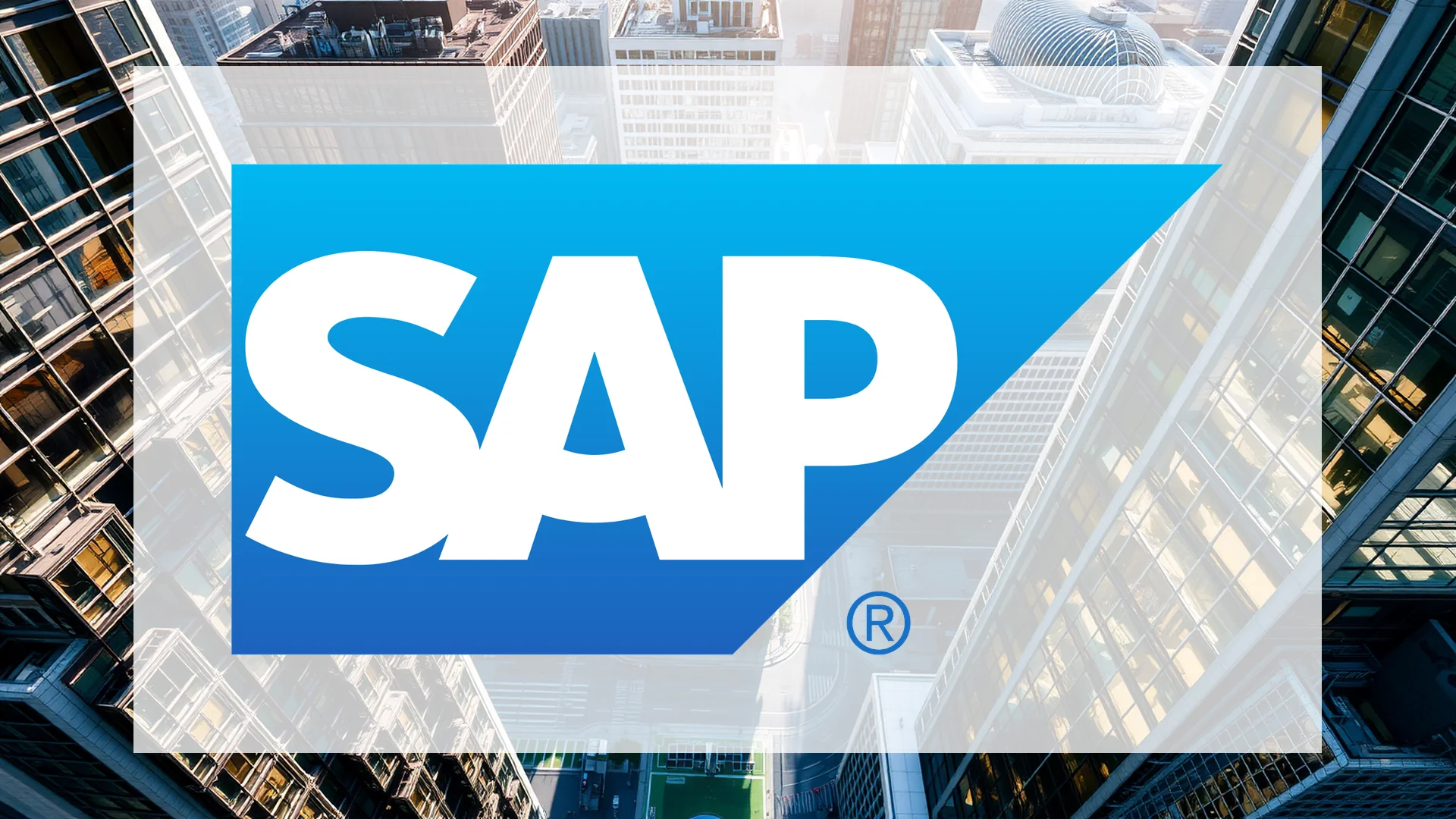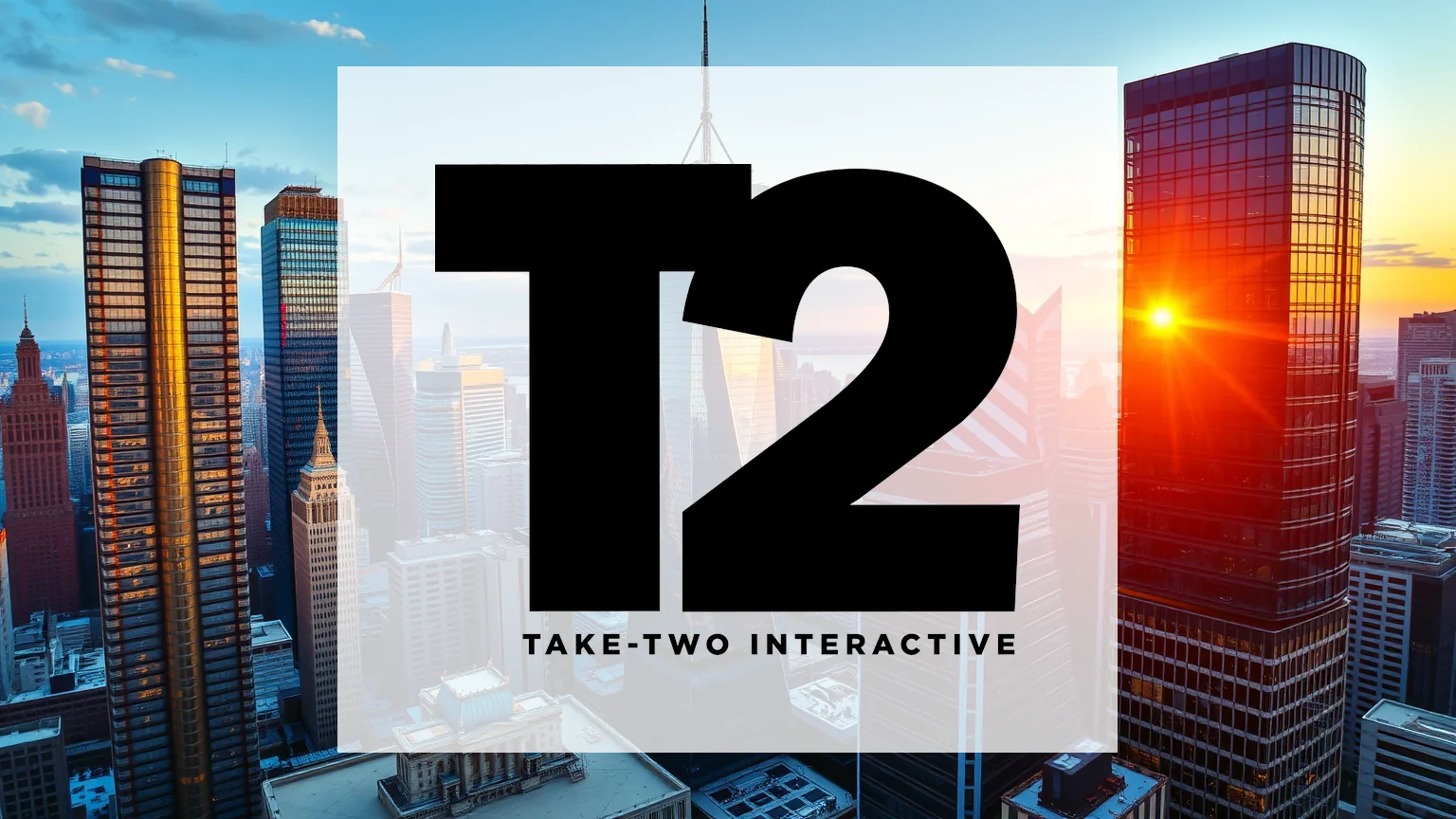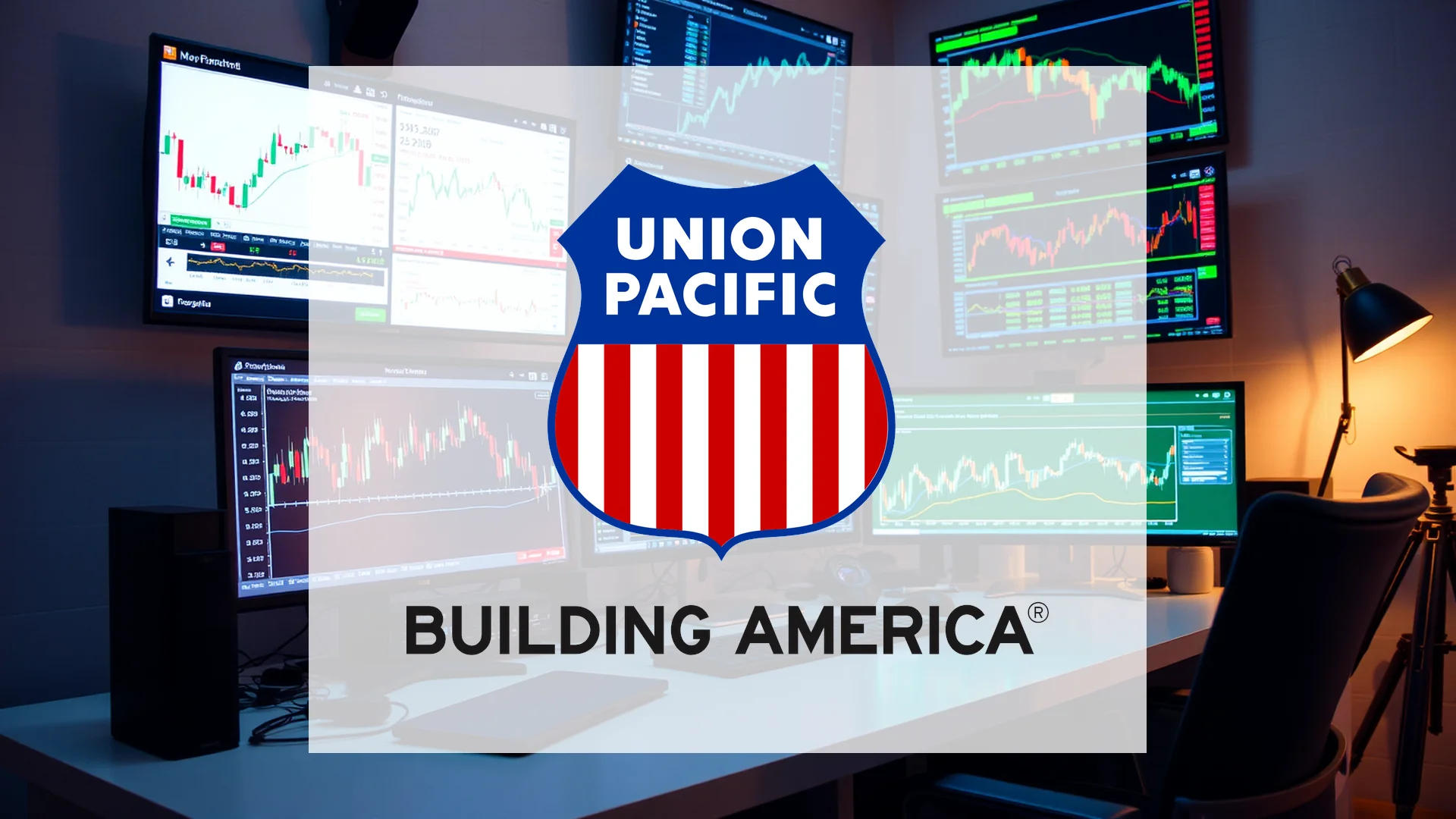In the competitive landscape of enterprise software, two titans command the field: Germany’s SAP and America’s Salesforce. These corporate heavyweights are fundamentally shaping how businesses worldwide undergo digital transformation, though they approach this mission from divergent strategic positions.
SAP’s heritage lies in enterprise resource planning (ERP), providing the core operational systems that run global companies. In contrast, Salesforce pioneered cloud-based customer relationship management (CRM), revolutionizing how organizations manage sales and customer interactions. Today, their strategic battle has expanded into two critical fronts: cloud computing supremacy and leadership in artificial intelligence integration. For investors, this presents a compelling question: which company offers the stronger investment proposition in this new technological era?
Financial Performance: A Tale of Two Business Models
A comparative analysis of key financial metrics reveals two highly profitable yet distinctly valued organizations:
| Metric | SAP | Salesforce |
|---|---|---|
| Market Capitalization | $338 billion | $248 billion |
| Revenue (2025) | >€37.5 billion | $37.9 billion |
| Cloud Growth | +24% (Q2 2025) | +8% (Q4 2025) |
| Operating Margin | 21.5% (Target) | 33.0% (Q4) |
| Forward P/E Ratio | 34.8 | 29.0 |
SAP demonstrates remarkable momentum in its cloud segment, with its Cloud ERP Suite surging 30% during the second quarter of 2025. The company has subsequently raised its 2025 operating profit guidance to between €10.3 and €10.6 billion, reflecting successful progress in its cloud transformation journey.
Salesforce counters with spectacular profitability metrics, achieving a 33% operating margin and generating $13.1 billion in operating cash flow. For fiscal year 2026, management anticipates revenue between $40.5 and $40.9 billion. However, the company’s growth rate has decelerated from historical levels above 25% to below 10%, potentially signaling a new phase in its maturation.
Divergent Roots: Core Business Foundations
Established in 1972, SAP dominates the ERP landscape with its S/4HANA platform that manages mission-critical business functions including finance, logistics, supply chain, and human resources. The company’s strength stems from its deep integration into customer value chains. Through its “RISE with SAP” initiative, the German software champion is migrating its substantial installed base to its cloud platform, while its expanded “Sovereign Cloud” offering in Europe emphasizes security and data sovereignty.
Salesforce, founded in 1999, approached the market from the opposite direction. The company’s “Customer 360” platform connects sales, service, marketing, and e-commerce operations to create unified customer profiles. Unlike SAP’s process-oriented systems, Salesforce prioritized user experience and rapid implementation from its inception. Strategic acquisitions including Slack and MuleSoft have expanded its capabilities into collaboration and data integration.
Artificial Intelligence: Contrasting Strategic Approaches
Both companies are aggressively pursuing artificial intelligence initiatives, though their implementation strategies differ significantly.
Salesforce has embraced a radically AI-centric vision under CEO Marc Benioff. In a striking demonstration of this commitment, the company reduced its customer support workforce from 9,000 to 5,000 through the deployment of AI agents. This efficiency gain has impressed markets while raising broader societal questions about workforce transformation. The company’s ultimate goal is creating an “agentic enterprise” where AI agents become integral components of the workforce.
SAP is advancing its AI capabilities through “Joule,” an AI assistant integrated throughout its product portfolio. This “Business AI” strategic focus is positioned as a central growth driver, with recent customer wins including the Mercedes-AMG Formula 1 team demonstrating market appeal. The company has also strengthened its offerings through targeted acquisitions, completing the purchase of SmartRecruiters in early September.
Future Trajectories: Stability Versus Innovation
SAP’s future strategy builds upon its ERP foundation, focusing on migrating existing customers to its S/4HANA Cloud platform while enhancing it with AI capabilities. The company’s impressive 86% recurring revenue rate provides financial stability, while long-term plans include expanding its ecosystem into IoT and blockchain technologies.
Salesforce is extending its CRM leadership through intelligent data utilization. Its Data Cloud platform already generates $900 million in annual recurring revenue. The company’s vision centers on delivering hyper-personalized customer experiences through AI and data analytics, with an ambitious long-term revenue target of $100 billion despite recent growth deceleration.
Investment Considerations: Strengths and Challenges
Salesforce advantages:
– Market leadership in the expanding CRM sector
– Exceptional operating margins and robust cash flow
– Aggressive and visible AI implementation strategy
– Rapid innovation cycle
Salesforce concerns:
– Notable growth rate slowdown
– Historically rich valuation metrics
– Significant dependence on the CRM market
SAP strengths:
– Dominance in mission-critical ERP systems
– Successful cloud growth at 24%
– Extremely stable customer base with high switching costs
– Improving profitability following restructuring
SAP challenges:
– Complex and lengthy cloud migration processes
– Perception as less agile competitor
– Competitive pressure from cloud-native providers
Investment Conclusion: Different Profiles for Different Portfolios
The competition between SAP and Salesforce represents a clash of equals without a definitive winner. Both companies benefit from digitalization trends and AI expansion, though through different mechanisms.
Salesforce presents itself as the agile AI visionary, impressing with exceptional profitability and clear CRM focus. Investors seeking high margins and aggressive innovation may find compelling value here, though the recent growth deceleration warrants caution.
SAP serves as the bedrock of enterprise software, with its deep integration into global business operations providing immense stability. The cloud transformation is gaining momentum and promises expanding margins. The stock appeals to long-term investors seeking an established market leader with a convincing transformation narrative.
The superior investment ultimately depends on investor profile: Salesforce for growth-oriented investors with risk tolerance, SAP for value-focused investors prioritizing stability. Both companies possess the capability to shape the next era of enterprise software—each in their distinctive manner.
Ad
SAP Stock: Buy or Sell?! New SAP Analysis from February 7 delivers the answer:
The latest SAP figures speak for themselves: Urgent action needed for SAP investors. Is it worth buying or should you sell? Find out what to do now in the current free analysis from February 7.
SAP: Buy or sell? Read more here...











